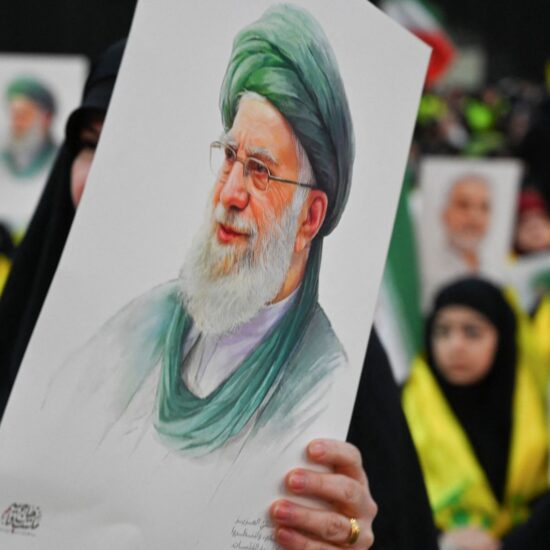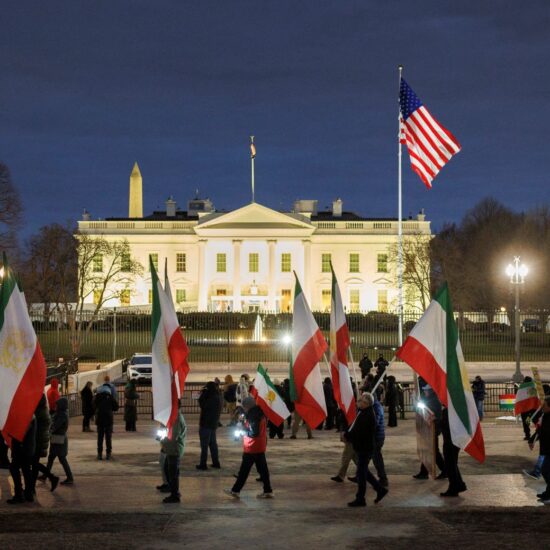
Lebanese landlords in relatively safe areas are lost between renting apartments to people fleeing conflict-impacted areas and prioritising their safety
One morning after September 23 this year, I was driving to work and listening to the famous song ‘Living Next Door to Alice.’ It’s a lovely song. The lyrics express the emotions of not knowing how to cope with no longer living next to Alice after twenty-five years of being her neighbour. The song made me wonder how the Lebanese will adjust to not knowing who lives next door to them in Lebanon. Could it be a person to be targeted by Israel?
And then, in a sudden rush, I started having all these images of our building collapsing and my family at risk. It was truly mind-blowing.
There is no accurate data, but according to national authorities, more than 1,300,000 people have fled their houses seeking safe shelters since October last year, when Hezbollah joined Hamas in its conflict with Israel.
The number increased exponentially this September after the massive attacks by Israel on the southern suburbs of Beirut Dahieh, the Beqaa, and southern Lebanon.
Some displaced live in rented houses, while others stay in schools that lack the minimum basic needs and rights. When people started looking to rent houses outside of risky areas, many reported that they were asked – in a tone that carried more than just curiosity – where they came from.
In Lebanon, one of the first questions people ask is, ‘Where are you from?’ This helps them determine your religion and, to a large extent, your political affiliation. If you are Lebanese, you have likely been asked this question at least 50 times in your lifetime – if anything, that’s an understatement. Your family name can also help them determine much.
Today, over one year since the conflict began at the southern borders and almost over a month since it escalated and expanded, people are no longer renting their houses randomly, and some landlords are asking people of the Shiite Muslim religion to leave – the majority of which are supporters of Hezbollah.
The questions increased when Israel struck residential areas that were previously considered safe, including regions outside the southern suburbs of Beirut, Baalbeck, and south Lebanon. Killing at least eight people, they struck a village dominated by people of the Druze sect, Baadaran, as well as other Christian villages in different areas, among them in Zgharta. These strikes mainly targeted officials and members of Hezbollah.
With this act, Israel attempts to promote and increase tensions among members of different Lebanese communities – could be a strategy that can lead to increased tensions and possible internal armed conflict in a context as fragile as Lebanon’s social structure and instability – leading to further fragmentation.
People, specifically owners of apartments and houses, living in these so-called secure areas must choose between renting apartments to people seeking a safe space and ensuring their safety.
With several areas repeatedly hit, albeit with targeted airstrikes, this internal conflict and the dilemma intensified. In 2006, the latest conflict between Israel and Hezbollah, people from all walks of life opened their houses to support each other. However, in 2024, those who once gave their homes for free can no longer do so if they want to stay safe, even for hundreds of dollars in return. While the people themselves have not changed, the situation has drastically deteriorated.
So, do you want to live next door to Alice, after you lived together in 2006?
The critical question is whether Alice is moving next door to others who live in safe areas.
While landlords are becoming more cautious and asking straightforward questions before renting their houses and apartments, displaced persons who are seeking to rent also bear a significant responsibility to avoid living among civilians if there is any risk of them being targeted.
Lebanese genuinely want to help those forced to flee their houses but are concerned about risking their safety, primarily since this risk is related to a conflict most of those living in safe areas do not believe in or support.
People need to be cautious. They must also be human and avoid crossing the delicate line of supporting Israel while trying to protect themselves from internal conflicts and challenges. Which isn’t easy.
The government, which has taken no action so far – noting that some local authorities (municipalities) did take minor action – must act to control rent and possibly establish rules to protect all involved individuals.







